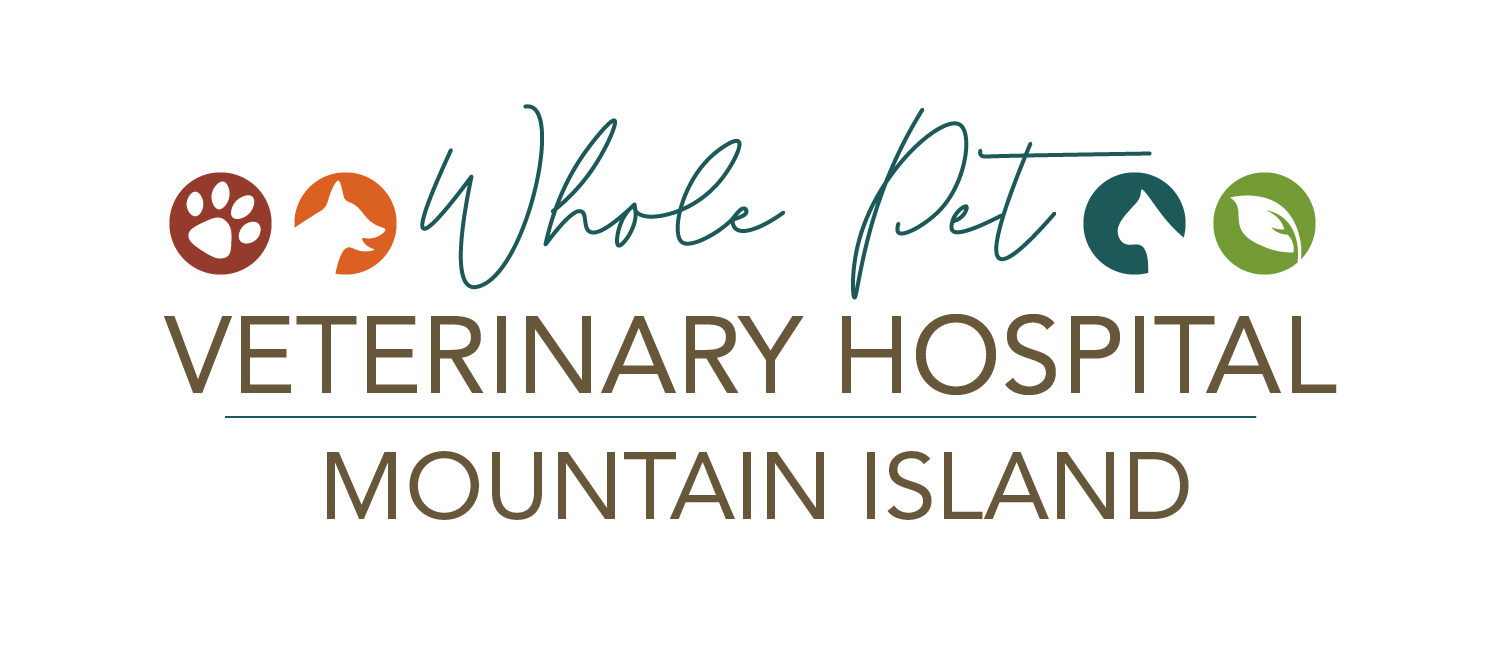The FDA did extensive research on the diets of 560 patients diagnosed with this form of heart disease and did see a possible link to certain brands of foods. After more time and research, they have further identified the link not necessarily to grain-free foods but rather to high amounts of legumes, peas, and lentils in these foods.
Some of the dogs diagnosed with DCM were found to be deficient in taurine, a vital amino acid for the heart. Taurine is actually found in meat, not grain. It might make sense that these dogs were taurine deficient if they were eating mostly vegetarian diets with no taurine added to account for the lack of meat protein.
In the end, the FDA did not confirm a direct link, and we can all agree more research needs to be done. In response to concerns, many pet food companies have added back into their diets a little grain and/or taurine while research is being done. The brands of foods that were listed as the most problematic by the FDA have not been recommended by our hospital for years as we also saw problems with some of these brands, not for heart disease, but other problems such as skin and gastrointestinal issues. In general, we typically try to avoid grains as we find them inflammatory and overall think most of our patients do best long term without them. We do think a small amount is perfectly ok for most dogs, and we certainly are not against the pet food companies adding extra taurine to their diets just in case.
In the end, the choice belongs to each individual. Please do what you are most comfortable with and what you think your dog thrives on. One more thing – all of the implicated foods were dry kibble. While many of our patients eat some kibble, we do recommend a mix of minimally processed foods such as canned, raw, or dehydrated food and support our clients in avoiding kibble altogether. We think these recent findings support this as a healthy choice.

